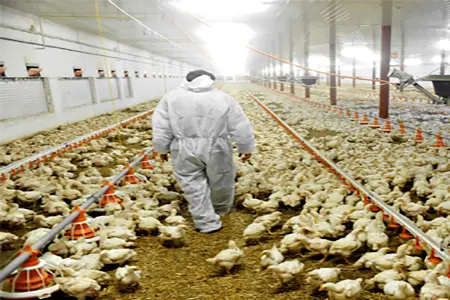The intersection of mental health and our relationship with animals is often overlooked but deeply significant. This category explores how systems of animal exploitation—such as factory farming, animal abuse, and wildlife destruction—can have profound psychological impacts on both individuals and society at large. From the trauma experienced by slaughterhouse workers to the emotional toll of witnessing cruelty, these practices leave lasting scars on the human psyche.
At the societal level, exposure to animal cruelty—whether directly or through media, culture, or upbringing—can normalize violence, reduce empathy, and contribute to broader patterns of social dysfunction, including domestic abuse and aggression. These cycles of trauma, particularly when rooted in childhood experiences, can shape long-term mental health outcomes and diminish our collective capacity for compassion.
By examining the psychological effects of our treatment of animals, this category encourages a more holistic approach to mental health—one that recognizes the interconnectedness of all life and the emotional cost of injustice. Recognizing animals as sentient beings worthy of respect may, in turn, be essential to repairing our own inner worlds.
Welcome to our curated blog series, where we delve into the hidden corners of important topics, shedding light on the secrets that often remain untold. Today, we turn our attention to the profound psychological impact of animal cruelty, urging for its immediate cessation. Join us as we navigate through the dark alleys of this issue, unearthing the hidden toll it takes on both animals and humans. Understanding Animal Cruelty Animal cruelty, in all its grotesque manifestations, continues to plague our society. Whether it takes the form of neglect, abuse, or violence, it is vital for us to comprehend the range and depth of these acts. By understanding how animal cruelty is defined, we can uncover its various dimensions and their tragic consequences. Throughout history, our perception of animals has shifted, from mere objects to sentient beings deserving our respect and compassion. However, the disturbing correlation between animal cruelty and other …



















































